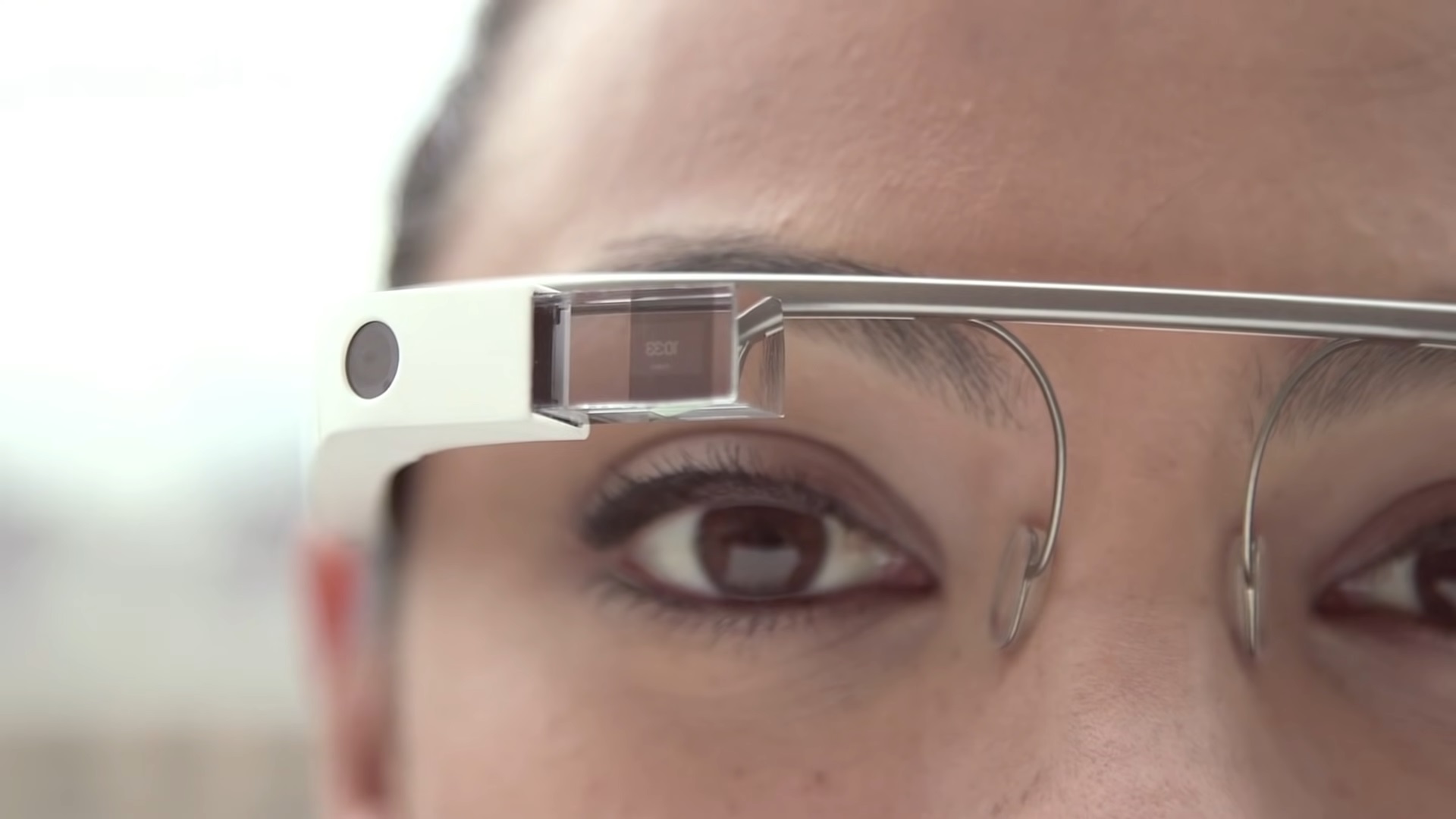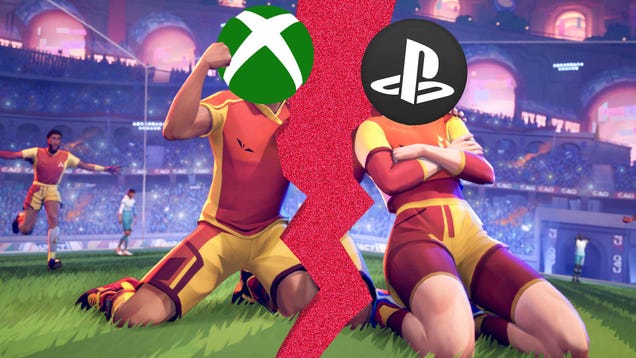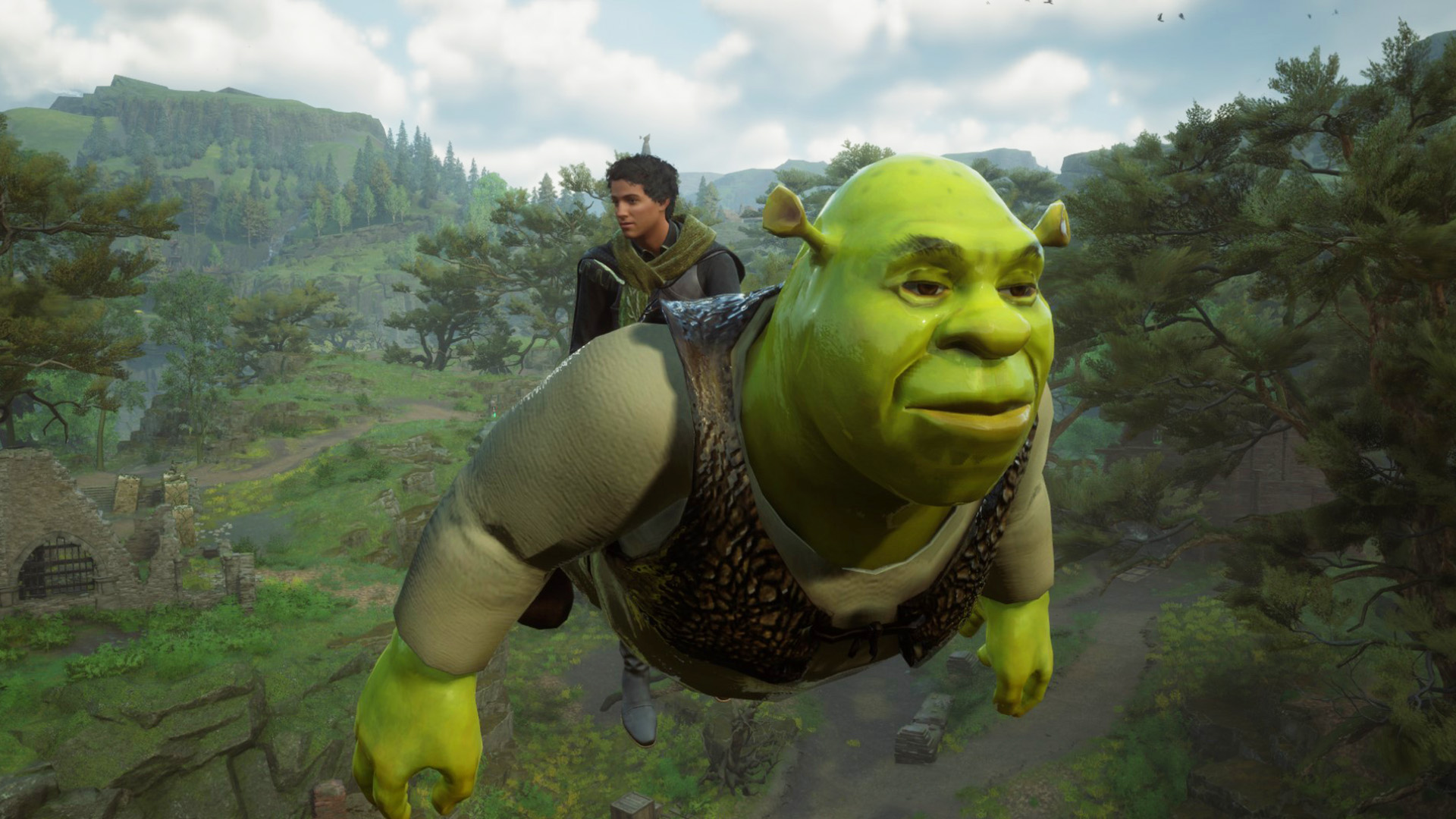
Glass is going the way of Stadia.
Google recently announced that it will be officially discontinuing its Google Glass Enterprise Edition AR headsets. While long out of the consumer market, the widely publicized wearable computer/heads up display was still being offered for potential business customers. “Thank you for over a decade of innovation and partnership,” Google wrote in its announcement. “As of March 15, 2023, we will no longer sell Glass Enterprise Edition. We will continue supporting Glass Enterprise Edition until September 15, 2023.”
If you’re at all like me, you saw this news and thought, “Wait, Google Glass wasn’t discontinued like, eight years ago?” Turns out it’s had this extended second life for industrial and medical settings for some time since.
Back in 2013 Glass was another shiny promise of the Google Future alongside Chrome, Fiber, and its support of Android OS. There was a much-publicized initial rollout of Glass headsets among tech journalists and enthusiast influencers. Glass provided a heads-up display and could also snap pictures, and in some ways prefigures smartphone-adjacent wearables like the Apple Watch or more advanced Fitbits.
It was also peak tech guy, like pre-“oh my god, these guys are rewiring our brain chemistry with pervasive reactive advertising” and more in the midst of “Haha, this Silicon Valley show is pretty funny, I hope they’re smarter than this in real life.” This Penny Arcade strip from the time really sticks out in my mind, and as Ars Technica points out, calling Glass-wearers “Glassholes” really was a thing. Simpler times, and as Google is wont with products like Reader or Stadia, consumer Glass was quietly shuffled off the stage in 2015.
That’s where Enterprise comes in, the wearable’s second act that’s coming to a close. A 2015 Bloomberg article (readers may encounter a paywall) describes its potential use in a healthcare setting, while a 2017 post on 9to5Google outlines the full specs of Enterprise. It doesn’t seem to have caught on any better here than it did for personal use.
So, Google Glass. Most of us probably thought it was already dead anyway, but it is somewhat bittersweet nonetheless, a failed product as emblematic of its own time as the Dreamcast, HD DVD, or Betamax. We’re living in a Silicon Valley future anyway, such as it is, but Glass seemed to promise a more fun one where we all got to be Geordi La Forge. It is also funny that this means Stadia’s entire existence was bounded on both ends by Google Glass. The shuttered game streaming service just can’t catch a break.



